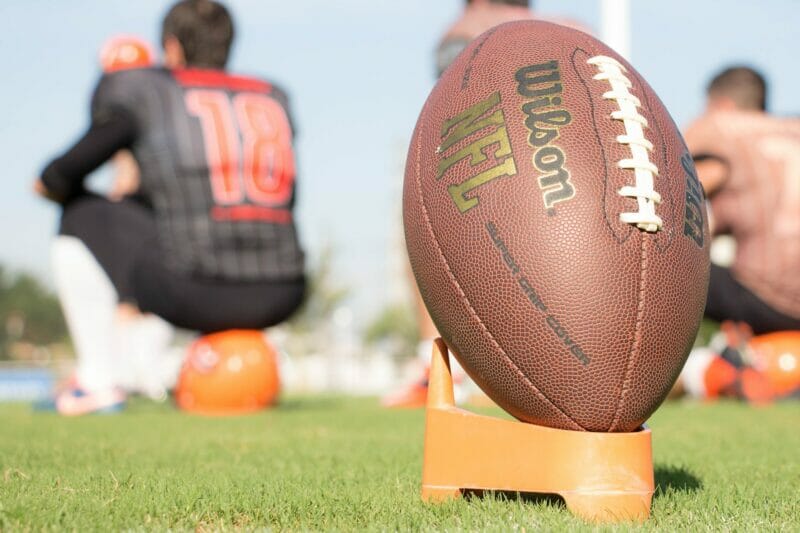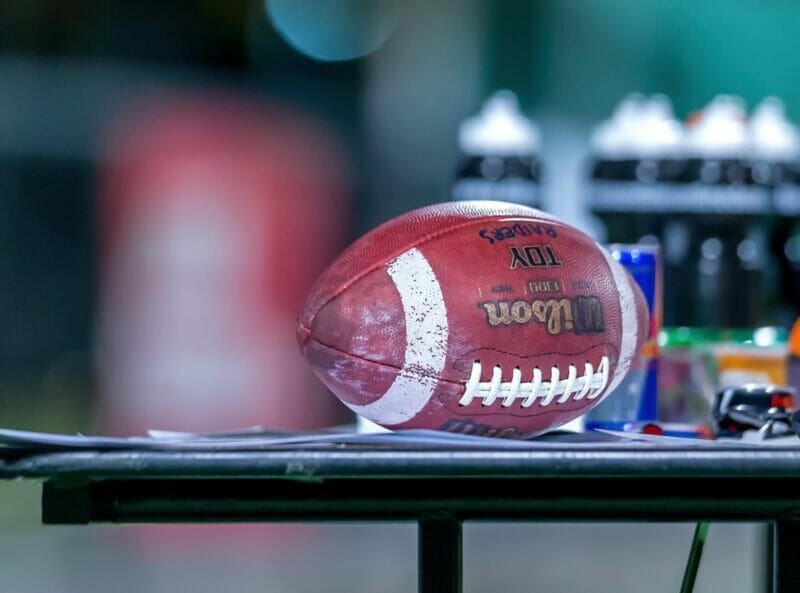
Football is not just a game of physical prowess; it’s also a lesson in teamwork and strategy. The sport, widely adored across the globe, demands that players work together in a coordinated manner to achieve a common goal. The intricate interplay between individual roles and collective effort within a team is what makes football unique. It teaches players valuable lessons that go beyond the pitch, impacting their personal lives, careers, and relationships.
This article explores how football games teach the importance of teamwork and the role of strategy in achieving success.
The Essence of Teamwork in Football
Working Together Towards a Common Goal
Football is a team sport where the primary objective is simple: score more goals than the opponent. However, achieving this goal requires effective collaboration, trust, and coordination among all players. From the goalkeeper to the forwards, each player has a specific role that contributes to the team’s overall performance. No matter how skilled an individual player is, success in football and also the best sportsbook Malaysia is impossible without teamwork.
A team is only as strong as its weakest link. In football, every player must perform their duty to keep the ball moving, prevent the opposing team from scoring, and ultimately create opportunities for goals. Each pass, each tackle, and each block is part of a broader strategy to outsmart the opponent. Players must communicate with one another on the field, anticipating movements, adjusting positions, and making decisions based on collective understanding. This shared responsibility fosters a sense of unity and mutual respect among teammates.
Trust and Communication
Trust is the foundation of successful teamwork in football. Players need to trust each other’s abilities, knowing that each team member will fulfill their role. When the defense works together to block an attack, or the midfield links pass seamlessly to the forwards, trust in one another’s abilities is crucial. Effective communication is also key to successful teamwork. Whether through verbal cues or body language, players must stay in constant communication to ensure that they are in the right positions and making the right decisions at the right time.
Supporting Each Other
Teamwork in football betting Malaysia is not just about passing the ball and scoring goals; it’s about supporting one another through both victories and challenges. When a player misses an opportunity or makes a mistake, the team’s response can define their success. Encouragement from teammates, helping each other up after a fall, or offering words of motivation are all essential aspects of football’s teamwork ethic. It’s in these moments that players learn how to be resilient and rely on each other rather than letting a single setback define the team’s overall performance.
The Role of Strategy in Football
Developing Tactical Awareness
Football is as much a mental game as it is a physical one. While physical fitness and skill are crucial, understanding and applying strategic thinking is what separates the best teams from the rest. The strategy in football revolves around planning, positioning, and timing. Teams spend a significant amount of time analyzing their opponents, studying their strengths and weaknesses, and devising a game plan to exploit those vulnerabilities. Coaches play a critical role in setting up tactical frameworks, such as formations and playstyles, that guide players on how to approach the game.
Understanding the game’s tempo is another vital aspect of strategy. At times, a team needs to control the ball and slow down the pace to manage the game, while at other times, the strategy is to increase the intensity and capitalize on counter-attacking opportunities. Knowing when to shift gears is a skill that football players develop over time through strategic awareness.
Positioning and Roles
Each player in a football match has a specific role that contributes to the overall strategy. The defense is responsible for stopping attacks, the midfield controls the flow of the game, and the forwards focus on scoring goals. However, within these broad categories, football requires specific positioning and tactical decisions that impact the team’s success. Players must be aware of the tactical implications of their positioning on the field, as each movement can shift the team’s overall strategy.
For instance, defenders must understand when to stay in position and when to press the attacker, while midfielders must know when to drop deeper to help defensively or push forward to support the attack. Forwards need to be aware of when to press high and when to fall back to support the midfield. These decisions are not made in isolation but in response to the team’s collective strategy and the circumstances of the game.
Adapting to Opponents
Football is a dynamic sport, and no two games are alike. Each opponent brings a unique set of challenges, and the ability to adapt the team’s strategy to counter those challenges is vital. A successful football team doesn’t just play its style of football but also has the ability to adjust its strategy based on the strengths and weaknesses of its opponents. For example, a team may play a high-pressing game against a team that struggles with ball possession but might switch to a more defensive approach against a team with fast forwards. Strategic adaptability is a key lesson that football teaches, helping players think critically and adjust their approach in real time.
The Connection Between Teamwork and Strategy
Interdependence of Teamwork and Strategy
Teamwork and strategy in football are closely intertwined. While teamwork focuses on collaboration and trust, strategy relies on the collective understanding of each player’s role within the larger game plan. A team can have an excellent strategy, but without the collective effort of each player working in harmony, it will fail to succeed. Likewise, strong individual skills and teamwork can only go so far if there isn’t a clear strategy in place to guide the players.
Football teaches players that success doesn’t just come from individual brilliance but from how well the team executes a well-devised plan. The best teams in the world understand the balance between individual flair and collective strategy, knowing that each player must contribute to the larger team effort.
Building Leadership and Decision-Making Skills
Football also provides a platform for players to develop leadership and decision-making skills. On the field, players must constantly make split-second decisions based on their understanding of the game’s strategy. This requires not only individual awareness but also a strong sense of collective responsibility.
Players who lead their teams often take charge of organizing defense, guiding attackers, or motivating teammates during moments of difficulty. These leadership qualities, honed through football, extend to real-life situations, helping players make decisions under pressure and lead with confidence.
Conclusion
Football is much more than just a game—it’s a powerful teacher of teamwork and strategy. From the way players trust each other on the field to how they adapt their strategies based on the circumstances, football imparts crucial life lessons that extend beyond sports. By understanding and practicing teamwork, players develop interpersonal skills that are vital in all areas of life, from personal relationships to professional careers. Through strategy, football teaches critical thinking, adaptability, and the importance of planning. Together, these elements create a powerful framework for success, not only in football but in life.














